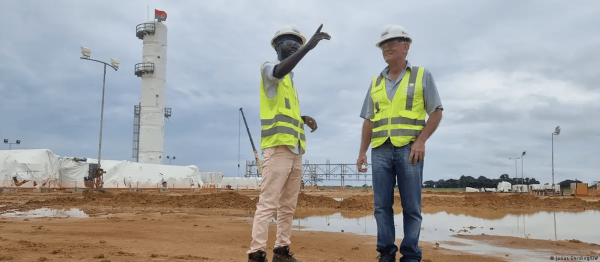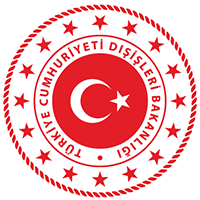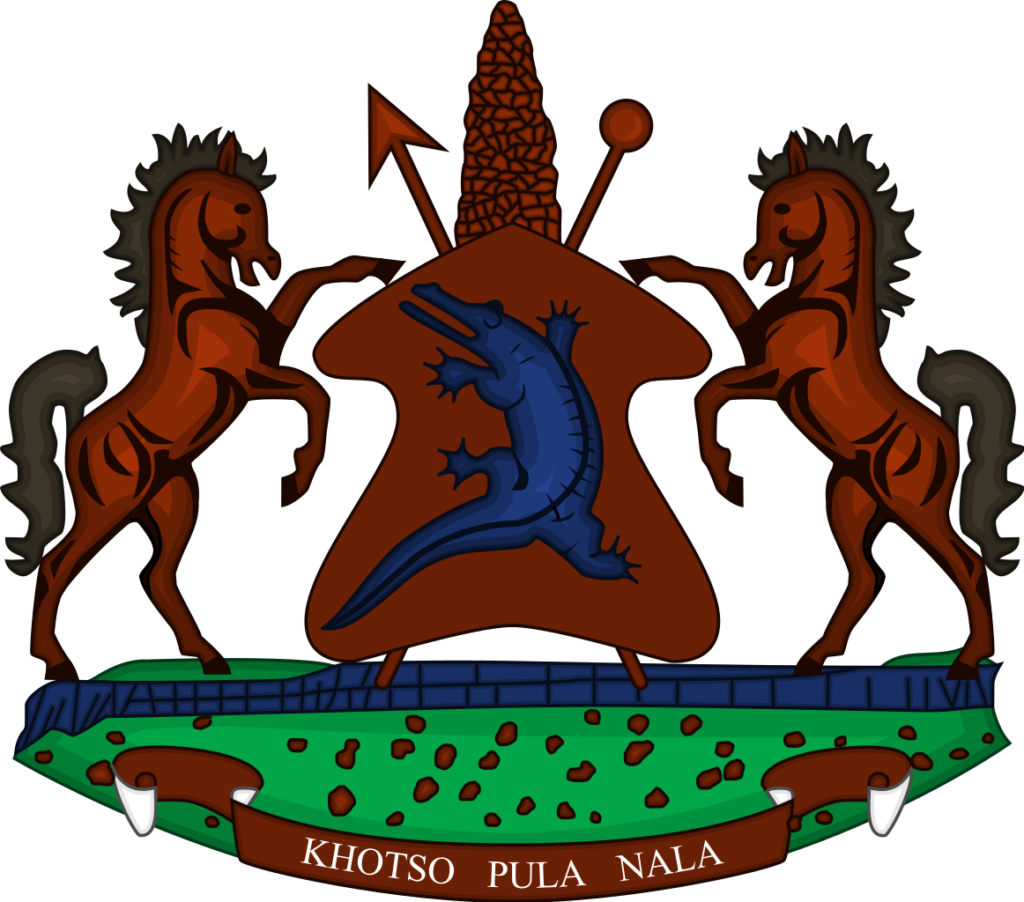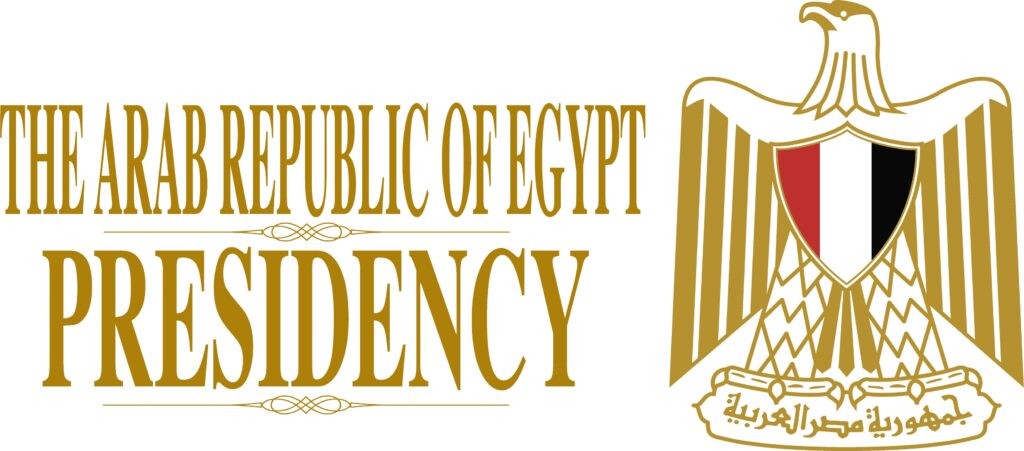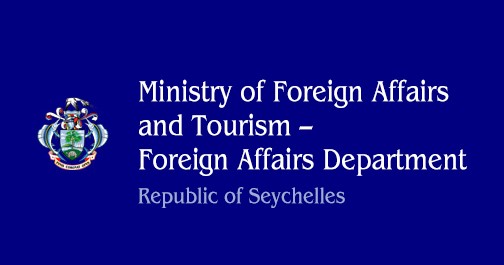The members of the Rules Committee of the Parliament of South Africa continued their benchmarking study tour in the United Kingdom Parliament's House of Commons. The study tour aims to explore and consider the oversight mechanisms of the presidency, with the goal of enhancing the effectiveness of parliamentary oversight in South Africa. The delegation, consisting of senior Members of Parliament from various parties in the National Assembly, yesterday engaged in productive discussions with independent experts who closely monitor and follow the work of the UK Parliament.
The delegation conducted a fruitful discussion with Ms Alice Lilly, a senior researcher from the British Institute of Government, which is the UK's leading independent think tank focused on making government more effective. With its in-depth analysis, expert commentary, and influential public events, the institution seeks to understand and improve the functioning of government. Their rigorous evidence-based research and data analysis, coupled with insights from key decision-makers, enable them to propose fresh ideas and constructive recommendations for enhancing government processes.
The discussion delved into the intricate historical link between the work of Parliament and the Office of the Prime Minister and critically analyzed the challenges and successes of the existing oversight mechanisms in the UK House of Commons. The dialogue also sheds light on the persistent political tensions that surround the relationship between the Prime Minister's office and Parliament, which are not uncommon in a robust parliamentary oversight system.
In addition, the Rules Committee met with Sir Malcolm Jack, a retired long-serving clerk of the House of Commons who shared his invaluable insights and experiences regarding the parliamentary oversight systems and procedures, particularly in relation to the Office of the Prime Minister. Drawing upon his years of service, he provided the delegation with a comprehensive understanding of the mechanisms at play and the challenges encountered.
These engagements with independent experts and the information gathered, in addition to the information gleaned with engagements with representatives of the House of Commons, will greatly assist the Rules Committee in formulating an improved mechanism for parliamentary oversight over the executive branch. The committee's objective aligns with the recommendations put forth by the Judicial Commission of Inquiry into Allegations of State Capture, Corruption and Fraud in the Public Sector, Including Organs of the State. By examining the lessons learned from the UK House of Commons, independent bodies and research conducted on the oversight system of 12 sister parliaments internationally, the Rules Committee aims to develop a tailored and effective oversight system unique to the South African context.
The study tour concludes this morning with discussions on taxation and policy at the Institute for Fiscal Studies, an economic research institute specializing in taxation and public policy. The delegation will also engage with the UK Office of Budget Responsibility, which serves as the equivalent of the South African Parliamentary Budget Office. These discussions will provide further insights into budgeting, independent economic and fiscal forecasting, offering valuable perspectives for enhancing the South African Parliament’s oversight over budgetary processes.
The South African Parliamentary Rules Committee expresses its gratitude to the United Kingdom Parliament's House of Commons, the British Institute of Government, and all the experts and institutions involved for their unwavering support and cooperation throughout this benchmarking study tour. The delegation is confident that the knowledge gained, and the lessons learnt will contribute significantly to strengthening parliamentary oversight in South Africa, fostering good governance, and ensuring accountability to the citizens we serve.
Said the leader of the delegation and National Assembly House Chairperson for Committees, Oversight and ICT, Mr Cedric Frolick: “The experience from this exercise has reaffirmed the importance of continuous learning and knowledge exchange in shaping effective parliamentary oversight. The insights gained from our engagements with independent experts and the in-depth analysis of parliamentary systems have provided us with a solid foundation to chart a way forward for our own oversight mechanisms. Moving forward, we are committed to leveraging the lessons learned and implementing necessary reforms to strengthen our parliamentary oversight systems. Our aim is to ensure transparency, accountability, and good governance within our democracy. We will take into account the successes, challenges, and best practices observed during this study tour, as well as draw upon our own unique context, to develop an enhanced framework for parliamentary oversight in South Africa.
“The public can expect a more robust and efficient Parliament that is dedicated to serving their interests. We understand the importance of their trust and confidence in our democratic institutions. Through the implementation of effective oversight mechanisms, we will strive to protect their rights, address their concerns, and hold the executive branch accountable. We are committed to ensuring that our Parliament remains a strong pillar of democracy, serving as a platform for open dialogue, inclusivity, and effective decision-making. Together, we will work towards a better future for our democracy, guided by the principles of transparency, accountability, and good governance.”
Distributed by APO Group on behalf of Republic of South Africa: The Parliament.




